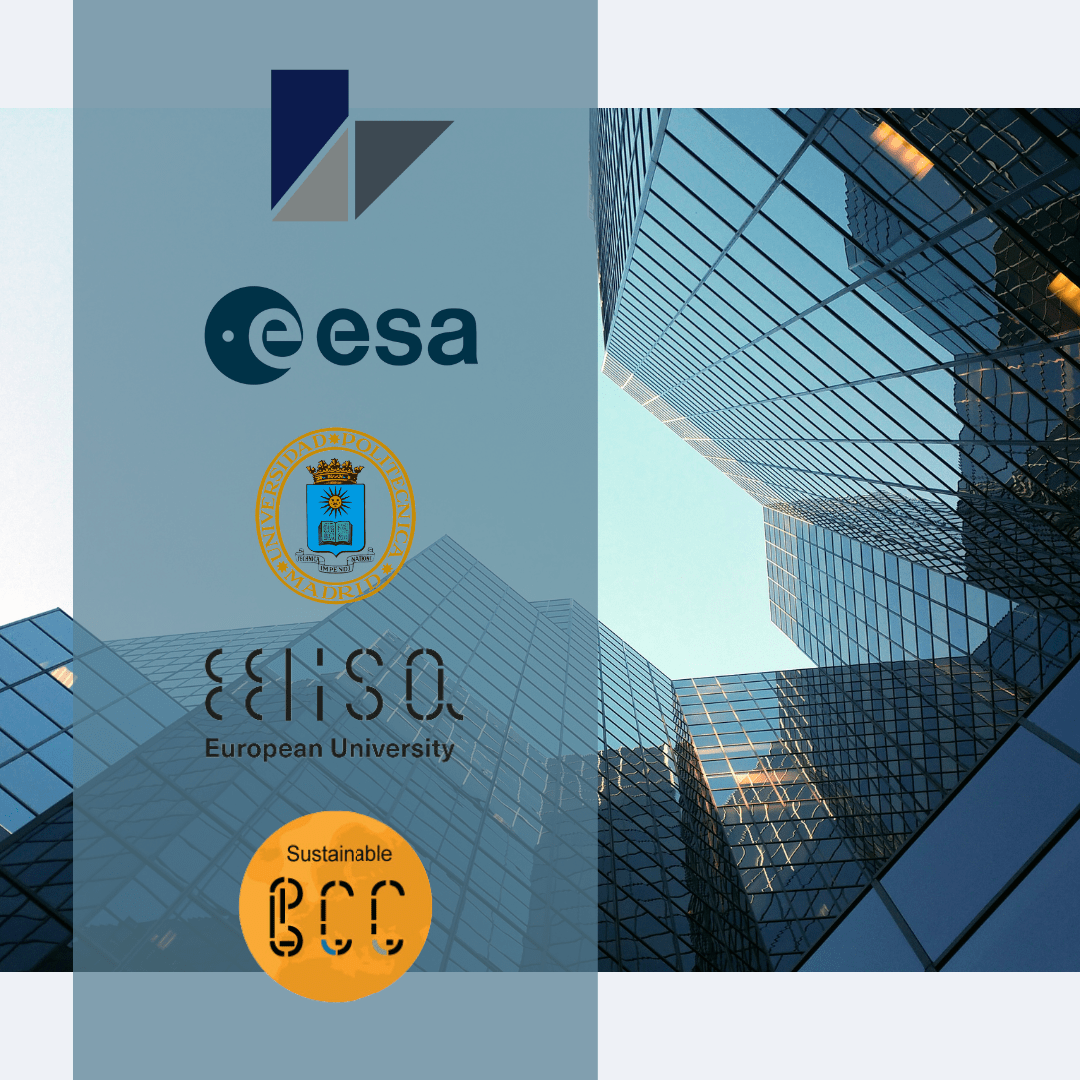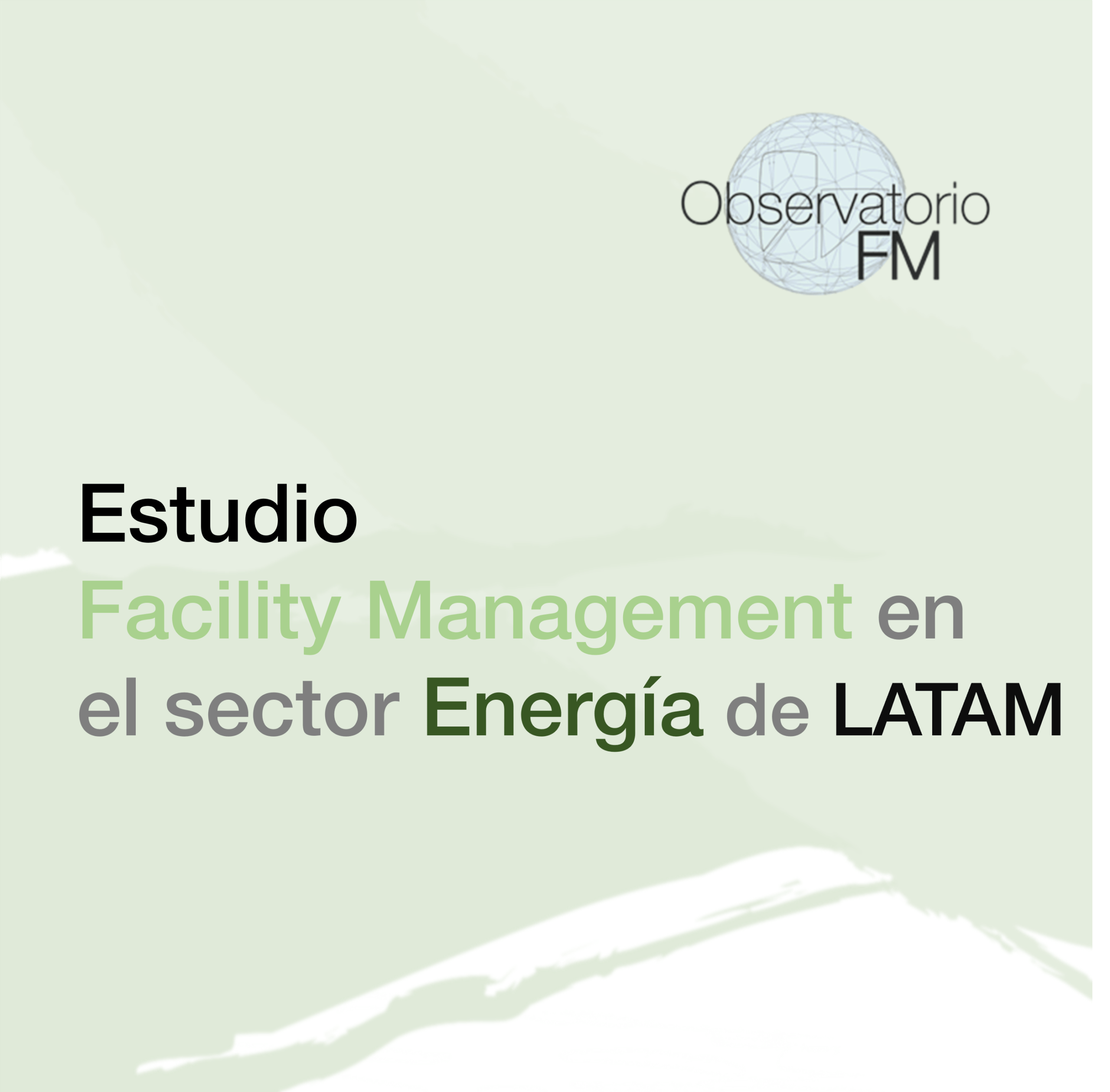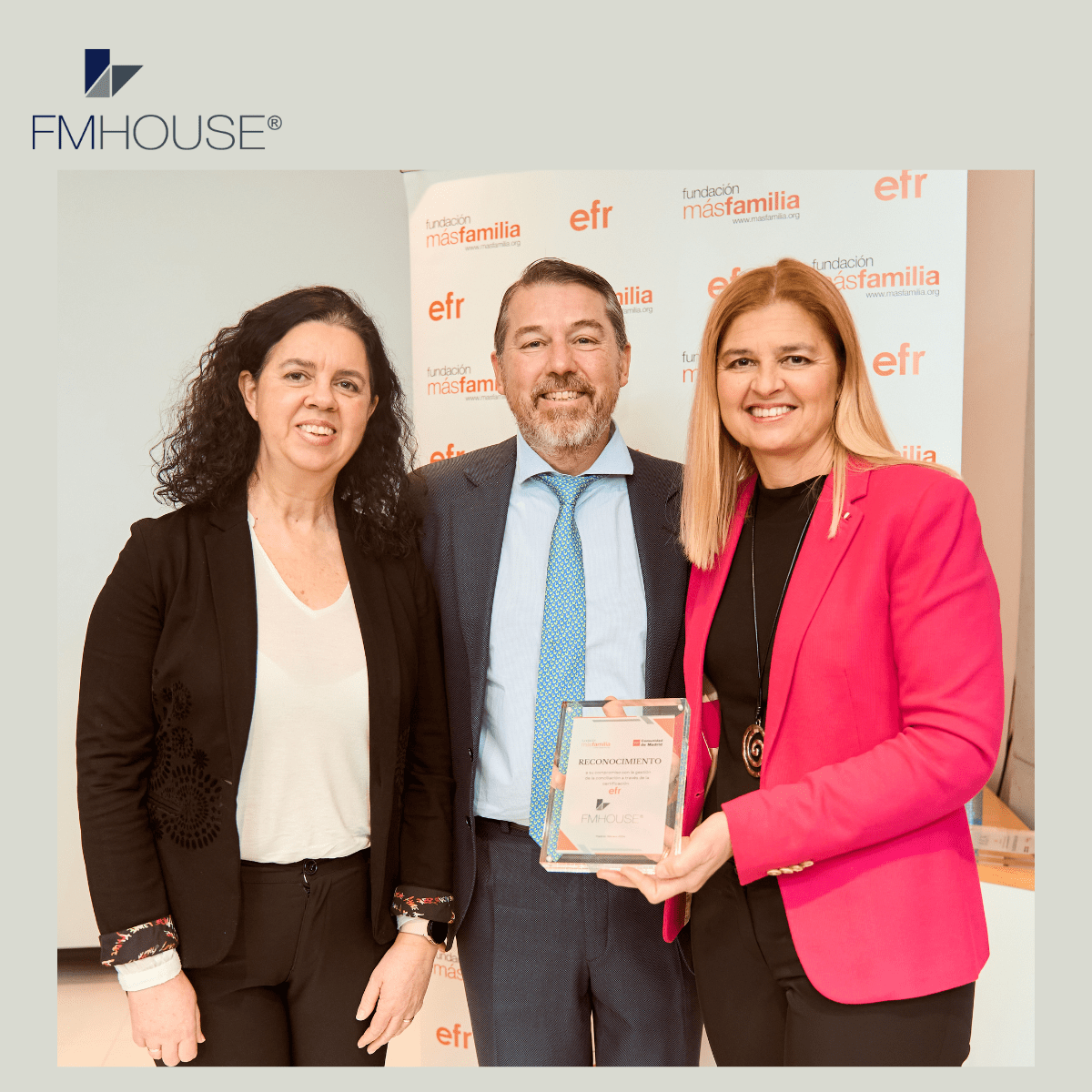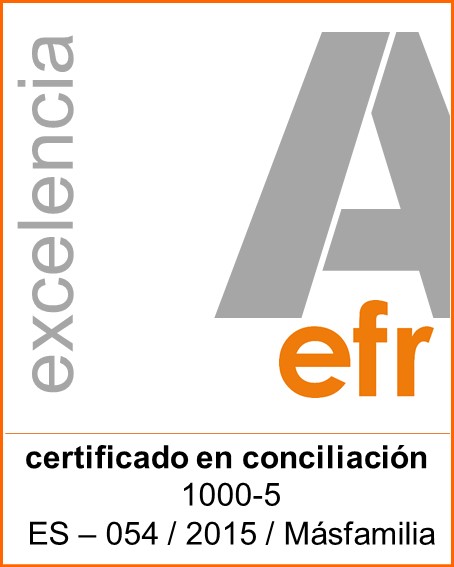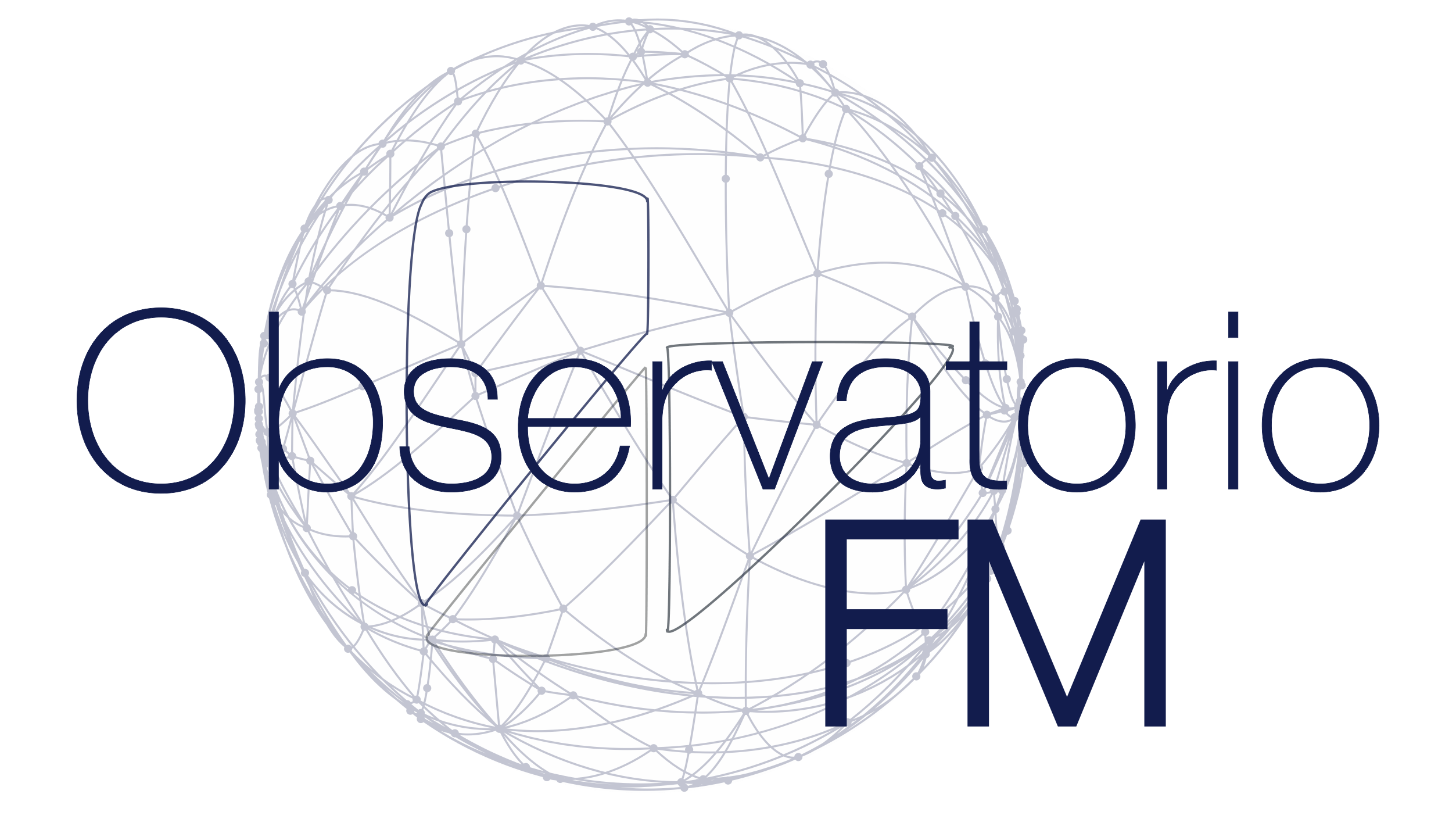Work itself is not flexible, since in most cases nobody decides whether work is needed or not. What does vary or adapt—the devil is in the details—is the moment, shape or place where a certain activity takes place. Once all these parameters have been determined thoroughly, solutions that apply to all or practically all situations should be put forward, and here is where another degree of flexibility appears: the capacity a single solution has of satisfying the needs of several individuals. The suitability of this model and whether it is flexible or set in stone, will depend on the skills of the design and what is really sought, or what you want to sell…
Every job requires people to “deliver”, but as a matter of fact it is just production that matters, nothing else. Work remains a contractual relationship where someone pays to receive a personal dedication that is usually measured in hours. We can play pretend and sugar coat it as much as we want but at the end of the day, the cost an employee generates must be offset by a benefit for the company. It is that simple. If the employer provides the employee with the best tools available for their job, the company will obtain the best results. If, on top of that, the company trusts its own people, the work relationship improves and productivity increases. When you feel happy you are more successful at work, there is no way around that. Careful though, if the tools I am providing allow you to do your job in half the time, how many hours should I write into your contract? This would be the subject for another post.
Work-Environment Balance
It is necessary to be aware of how flexible all the activities of a company can be, and to organize them into a matrix with the exact number of people belonging to each group. Thereafter, we must identify which model can provide the best solution to the needs of each group. At this point, a set of solutions will appear, related to space, but also to presential work or speed of response. This model is not only made up of job or room typologies, it should also include company and worker policies and commitments, so everything works harmoniously. Reaching that equilibrium will mean a guaranteed success for the model.
The job of a receptionist or a supermarket cashier is not flexible at all, since you have to keep a schedule and do your work from a certain location. There are few alternative solutions. A sales assistant, however, has a flexible job where location is concerned, but not regarding the moment in time, since they must interact with clients whom they can only access at certain times of the day. In these cases, solutions must be flexible about location, but their timetable should be respected. This can be beneficial for those who work with other continents, as they do not need to be in their office too soon or too late.
A third group of interest could well be computer programmers. They do not have a schedule, since their job is not just to be there: they must produce new content and that does not happen as if by miracle. Inspiration comes and goes, and when the muse does come, you must seize the moment. They do not necessarily have to be in the office, they could work on a laptop from anywhere in the world. That makes things simple, go home and work. Careful however: Google has noticed that some of the jobs which have registered reduced productivity during confinement have been, precisely, those of developers, since they did not have access to the same systems while working remotely as they did while working at their headquarters.
Solutions must undergo a comprehensive evaluation, case by case and regarding individual impact and then jointly, as part of the model proposed.
Flexibility is time and space
In my opinion, a job is flexible from the moment you can cater to a client or a colleague from the car, an elevator, and why not, from your own bathroom. Flexibility must be associated with the tasks people carry out at a certain time and specific space. What we must do, for each individual, is define how many hours can be worked where and doing what, exactly. With this information at hand, we can work on a formula that will suit most people.
In this equation, space is a determining factor of the solution, since it is a cost multiplier and it will force solutions to adjust to a budget or a square footage, always under the influence of the board of directors’ style. It is important to dissociate job flexibility with the type of space which is made available for people. Years ago, either you were in the office or you were not productive, and that was what they paid you for. Ignoring this nowadays, or not taking into account an employee’s dedication is a risk that should be avoided. All this has been complicated by confinement. People will count the hours they dedicate, from wherever and to do whatever. We should be careful and consider whether it is the most convenient situation for all parties. Flexibility is a two way street.


